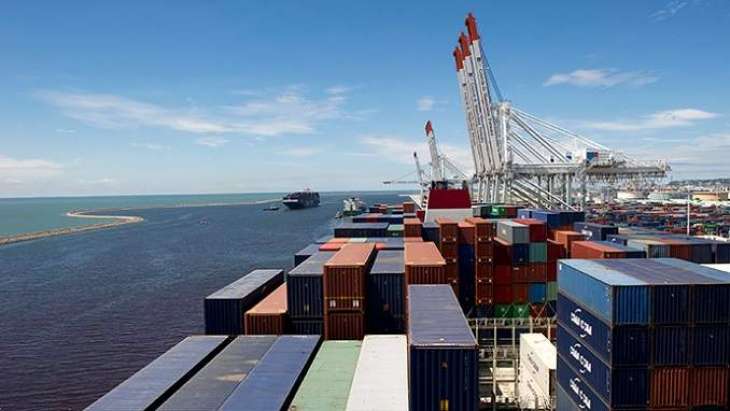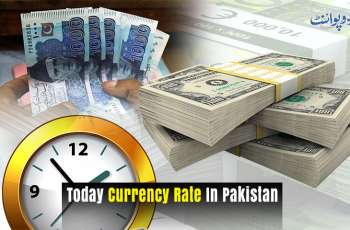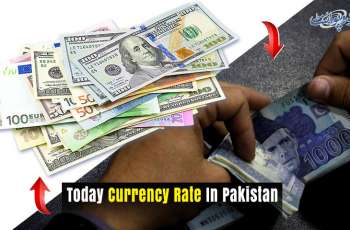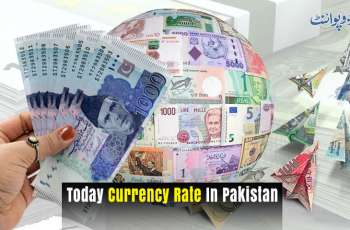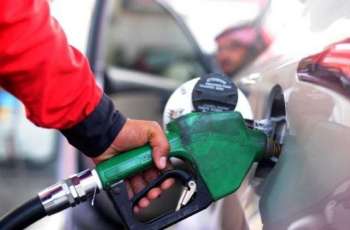The trade between Russia and Austria from January to October increased by 6.6 percent compared to the same period last year exceeding $5 billion, Russian Ambassador to Vienna Dmitry Lyubinsky told Sputnik
VIENNA (Pakistan Point News / Sputnik - 26th December, 2019) The trade between Russia and Austria from January to October increased by 6.6 percent compared to the same period last year exceeding $5 billion, Russian Ambassador to Vienna Dmitry Lyubinsky told Sputnik.
According to the diplomat, Austria has traditionally been and remains one of Russia's important economic partners in Europe.
"Despite sanctions opposed by the overwhelming majority of local businessmen, a stable growth of trade has continued. According to Russian statistics, its volume in 2018 amounted to a truly record $5.8 billion. Over the 10 months of this year, it has already exceeded $5 billion," Lyubinsky said.
He noted that Russia ranks 13th in Austria's list of foreign trade partners.
"Austrian entrepreneurs are looking for opportunities to 'work in a new way.' More and more companies from Austria are following the path of investing in the Russian economy and localizing production capacities in Russia, bearing in mind, among other things, additional opportunities to enter the markets of third countries, including neighboring countries," the ambassador said.
According to Lyubinsky, Austrian investments in Russia in the first half of 2019 reached $6.4 billion compared to $5.6 billion a year earlier. He also noted the expanding Russian presence in Austria.
"Many large Russian companies � Gazprom, Sibur, Lukoil, Sberbank, and others � have long been successfully present here. The volume of Russian investments in the Austrian economy is $26.69 billion, as of July 1, 2019," the diplomat added.
Relations between Russia and the West deteriorated in the wake of the conflict in eastern Ukraine and the Crimea referendum. Western countries have accused the Kremlin of interfering in Ukrainian internal affairs and introduced sanctions against Russia. Moscow, in turn, retaliated by switching over to an import phase-out and imposing countersanctions.
However, some EU countries have recently begun questioning the effectiveness of the sanctions amid financial and economic losses and started looking for different solutions to problems between Russia and the bloc.
